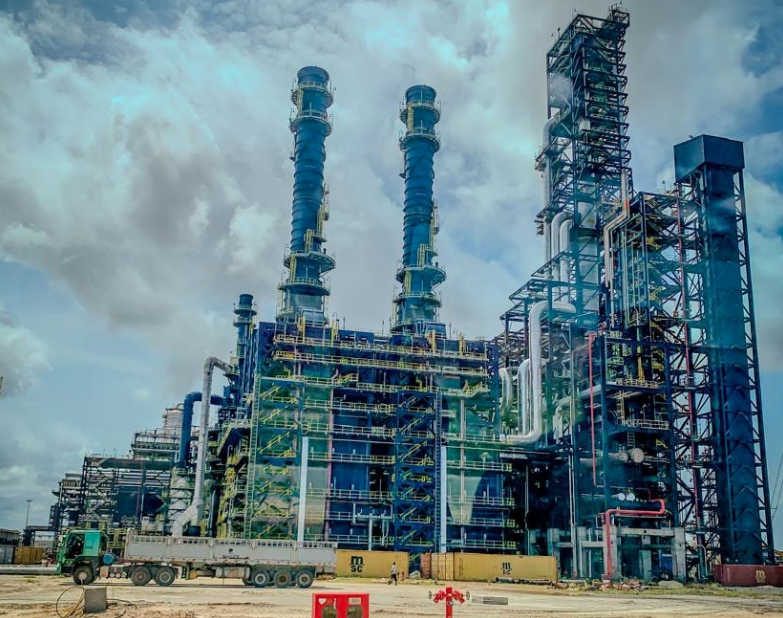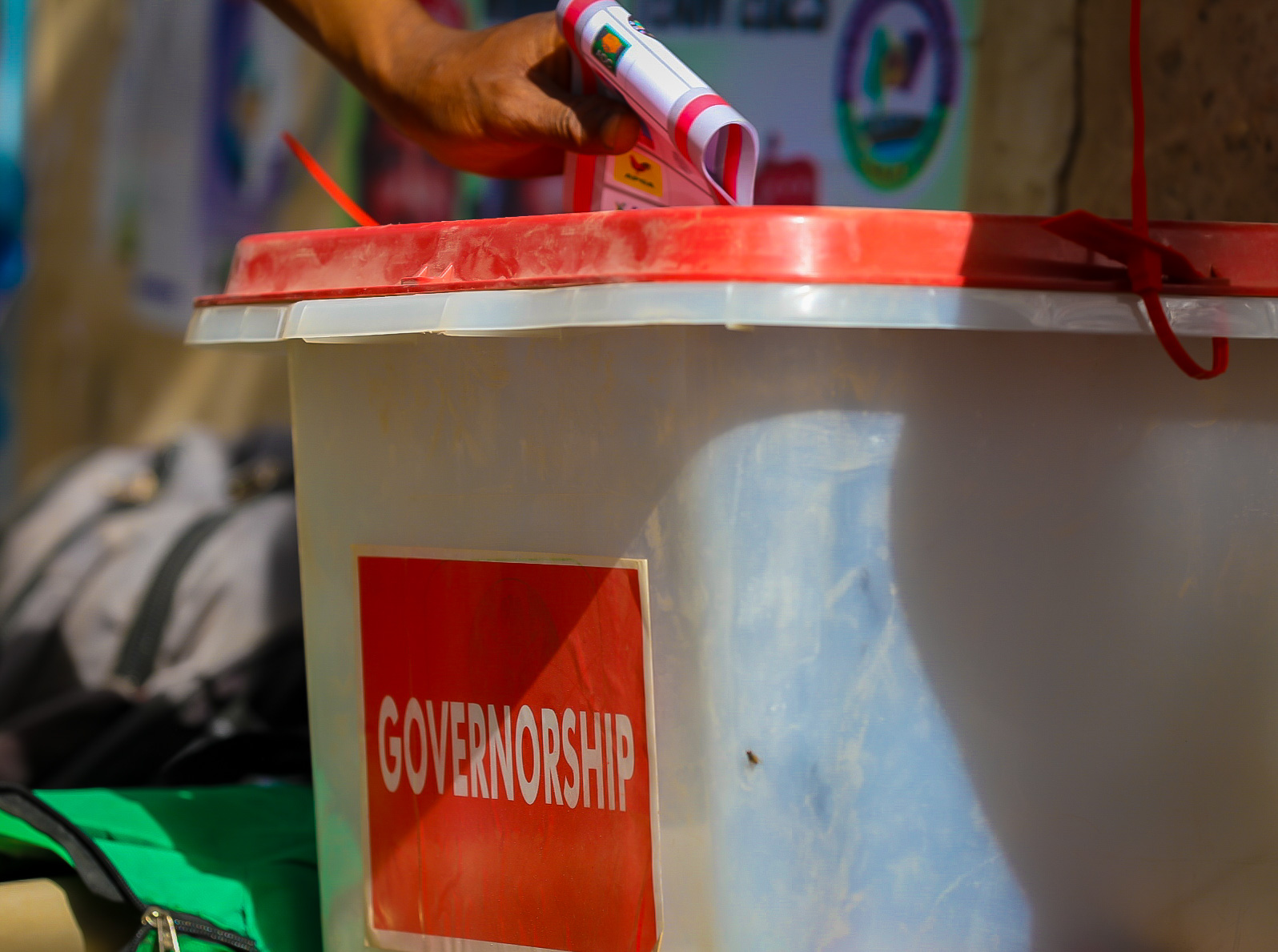Dangote refinery
From whatever angle you choose to look at it, the eventual production of petrol by the Dangote Refinery is a big and rare moment of pride for Nigeria. After an initial setback, petrol from the refinery is finally available to the Nigerian market, with enough to export to other West African markets and parts of Europe.
For the first time in 28 years, Nigeria can once again refine its own petrol, meet its local demand, and beat the resource curse that has beset the country for several years. Resource curse, also known as the paradox of plenty, describes the failure of resource-rich countries like Nigeria to fully harness their resource wealth.
Nigeria spends billions of dollars annually importing refined petroleum products, accounting for approximately 40 percent of total import and foreign exchange demand. These imports exert significant pressure on its limited foreign exchange earnings and foreign reserves, leading mostly to a negative balance of payment, weaker currency, and an economy that is flat out on its face.
It is hard to explain why Nigeria, despite being the largest oil producer in Africa, is unable to refine its own crude. According to the comparative advantage theory that guides global trade, when countries specialise in goods with the lowest opportunity cost, it leads to productivity and economies of scale—in simple terms, relatively expensive goods are traded for while relatively cheaper goods are produced. With Nigeria’s advantage in crude oil production, it makes sense for the country to refine its own crude for local consumption and export.
Advertisement
With the Dangote refinery now fully onstream, Nigeria can finally ease pressure on its foreign exchange earnings, boost exports, and grow its foreign reserves. More importantly, the development provides Nigeria with a unique opportunity to end the ruinous petrol subsidy that has put a major strain on its public finances. In 2023, Nigeria spent N5.10 trillion ($8b) on petrol subsidies; this is estimated at about 2.2% of its GDP. In the same year, Nigeria recorded a budget deficit of N13.5 trillion with a total revenue of about N5.99 trillion. The only inference possible is that Nigeria may have used all its earnings in 2023 on fuel subsidies and borrowed to service debts and meet recurrent and capital expenditures. This is a fiscal mess that cannot be allowed to continue.
Another key issue is how the volume of petrol that is consumed by the country has remained largely contentious. The country’s daily average consumption has remained a big question—while some suggest it is in the region of 50 million litres a day, others have argued that this is impossible and that the country could not consume more than 30 million litres a day, with good argument. One of the positives about the Dangote Refinery is that it can help Nigeria track its actual daily petrol consumption and force transparency in the oil sector. The era of opacity in the oil sector is potentially over.
Since the mid-80s, perennial fuel queues, as a result of supply disruption, have become a familiar scene in Nigeria, that it no longer commands any sense of shame at the highest level of government. The Dangote refinery provides an opportunity for Nigeria to end the fuel queues at once, achieve energy security, and eliminate its overdependence on petrol imports. Energy is an important requirement for productivity and competitiveness. With energy security, Nigeria can finally make a major leap towards industrialisation and galvanise other critical sectors of the economy.
Advertisement
The question, however, remains whether or not this milestone can also lead to lower petrol prices for Nigerians. I have argued severally that lower prices were never a part of the Dangote Refinery promise, and everyone who follows the economics of crude oil would know this. Crude oil is a dollar-denominated business globally; low petrol prices in the real sense are not down to Dangote refinery. It is down simply to the international price of crude and the value of the naira. A stronger local currency and a decline in the global price of crude will lead to a proportional decrease in the pump price of petrol.
However, competition provides an opportunity to drive down prices, even if marginal. If the government can find the courage to get the full deregulation of the oil sector over the line, it is likely to attract new players and investors that can bolster competition in the sector.
The Dangote refinery is a testament to Nigeria’s enduring progress as a nation and evidence of how private enterprise and investment can champion growth. Without any doubt, this is the beginning of a generational shift and the dawn of economic transformation.
Awogbenle, a development and public policy professional, writes from the United Kingdom. He can be reached via [email protected].
Advertisement
Views expressed by contributors are strictly personal and not of TheCable.
Add a comment










